Advertisement
Find out exactly why too much screen time can lead to eye problems
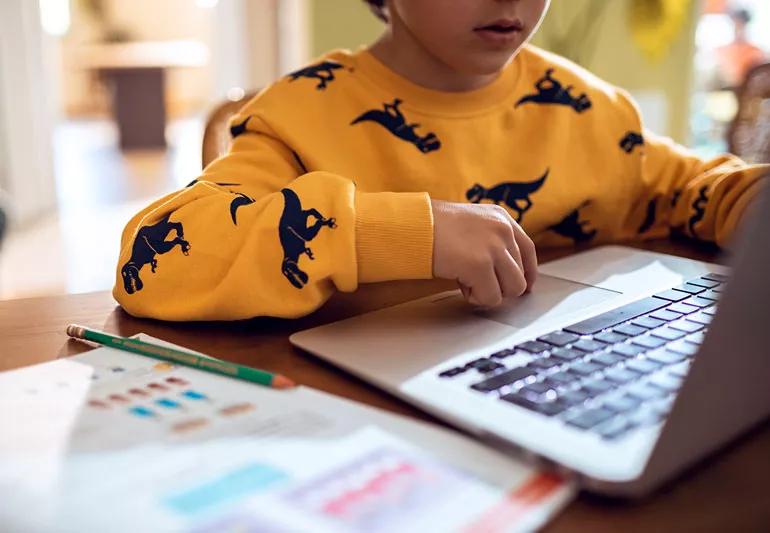
Every parent knows that they need to limit their kid’s screen time. But in the age of virtual learning (thanks, pandemic), many kids have to stare at screens for hours.
Advertisement
Cleveland Clinic is a non-profit academic medical center. Advertising on our site helps support our mission. We do not endorse non-Cleveland Clinic products or services. Policy
Virtual learning is not great for your child’s eye health. But these tips from pediatric optometrist Alexandra Williamson, OD, can keep your child’s eyes healthy — even when their computer is their classroom.
Digital eye strain, also known as computer vision syndrome, isn’t a medical condition that only sick people get. It’s a term that describes visual problems that can happen when you use devices like computers, tablets or smartphones. The longer you use a device, the more likely you’ll experience digital eye strain. And if you use devices every day, eye problems can get worse over time.
Many people experience dry eyes after a long day at the computer or too much time scrolling on their phones. “When we use digital devices, we blink less, and we don’t even notice,” says Dr. Williamson. “The reduction in blinking affects kids, too. They lose their tear film, which can cause dry eyes, vision problems and discomfort.”
The eye muscles can get fatigued from too much screen time, too. “Our eye muscles have to work harder to see things up close, even when we’re young,” Williamson explains. “The eye muscles get tired out like any other muscle during heavy use.”
Tablets, phones and other screens aren’t good for your eyes, no matter how old you are. But children may be especially prone to getting digital eye strain because of their age.
“Staring at a screen is not what human beings have evolved to do,” Dr. Williamson says. “A child’s vision develops rapidly up through about age 10. And even after that, their visual system is still growing and changing. The age when the visual system is considered to be fully mature is different for every child.”
Children may not understand or be able to tell a parent that their eyes are bothering them. If your child is looking at a screen for long periods, watch for:
Maybe you’ve noticed your child struggling with eye strain. Now what?
Help your child take frequent breaks from the screen with the 20-20-20 rule. “Every 20 minutes, look at something at least 20 feet away for 20 seconds,” Williamson explains. “This gives your eyes a break from looking at the close target.”
Advertisement
For even better results, combine the 20-20-20 rule with regular outdoor play. “Outside time is good for kids’ eyes,” says Dr. Williamson. “When kids spend more time outside and less time looking at close objects, they lower their chances of becoming nearsighted.”
The pharmacy shelves are stocked with all kinds of eye drops and artificial tears. But don’t use any of these on your child without asking a health professional first.
Any parent who’s tried to give eye drops to a squirming, screaming child may welcome this advice.
“I don’t recommend drops for children unless their eye doctor says to use them,” says Dr. Williamson. “There are so many types, and some can be harmful if they’re not used correctly.”
“The best thing you can do is get your kids to a pediatric eye doctor for an exam, even if they don’t have eye problems,” Dr. Williamson says. “The American Optometric Association recommends regular eye exams for children starting at age 6 months. By the time they are 5 years old, they should see their eye doctor at least once a year.”
Vision is an important part of overall well-being. Talk with your pediatrician or eye care provider about how you can keep your child’s eyes healthy.
Advertisement
Learn more about our editorial process.
Advertisement

Peepers get pink for lots of reasons, from allergies to closed-angle glaucoma

While it’s best to fix amblyopia during childhood, it can also be addressed as an adult
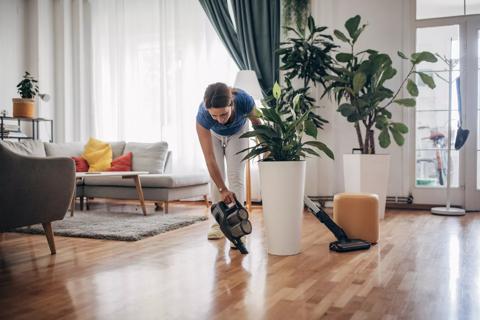
Preserving your social life and protecting your mental health are key to living well with vision loss
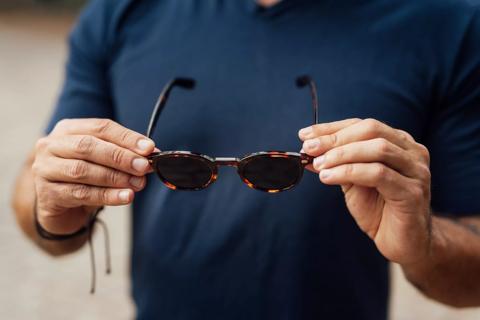
Start low-vision rehabilitation as soon as possible and see your retina specialist at least every six months

These trendy glasses might brighten some shades and help you see the difference between colors or brightness of hues, but they won’t cure your color vision deficiency
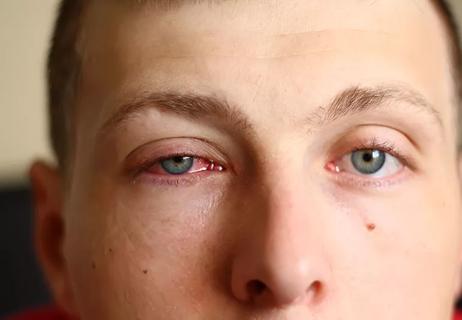
Eye drops and cold water rinses can help speed up healing for viral and allergen-related conjunctivitis, but a bacterial infection will need antibiotics
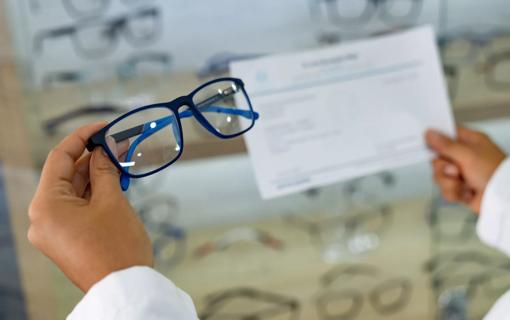
Your eye prescription reveals a lot about your eye health, including how they’re shaped, how well you see and what your new glasses can do for your sight
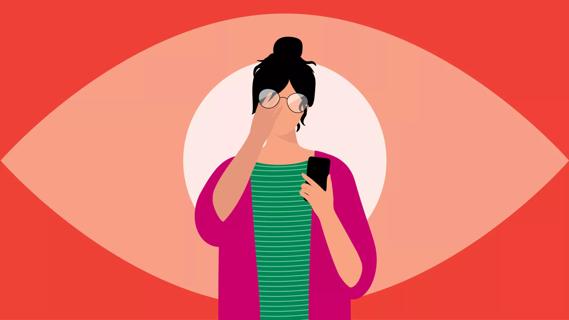
From scratching your cornea and tearing your retina to introducing allergens and causing infections, pawing at your peepers just doesn’t pay off

Focus on your body’s metabolic set point by eating healthy foods, making exercise a part of your routine and reducing stress

PFAS chemicals may make life easier — but they aren’t always so easy on the human body

While there’s little risk in trying this hair care treatment, there isn’t much science to back up the claims